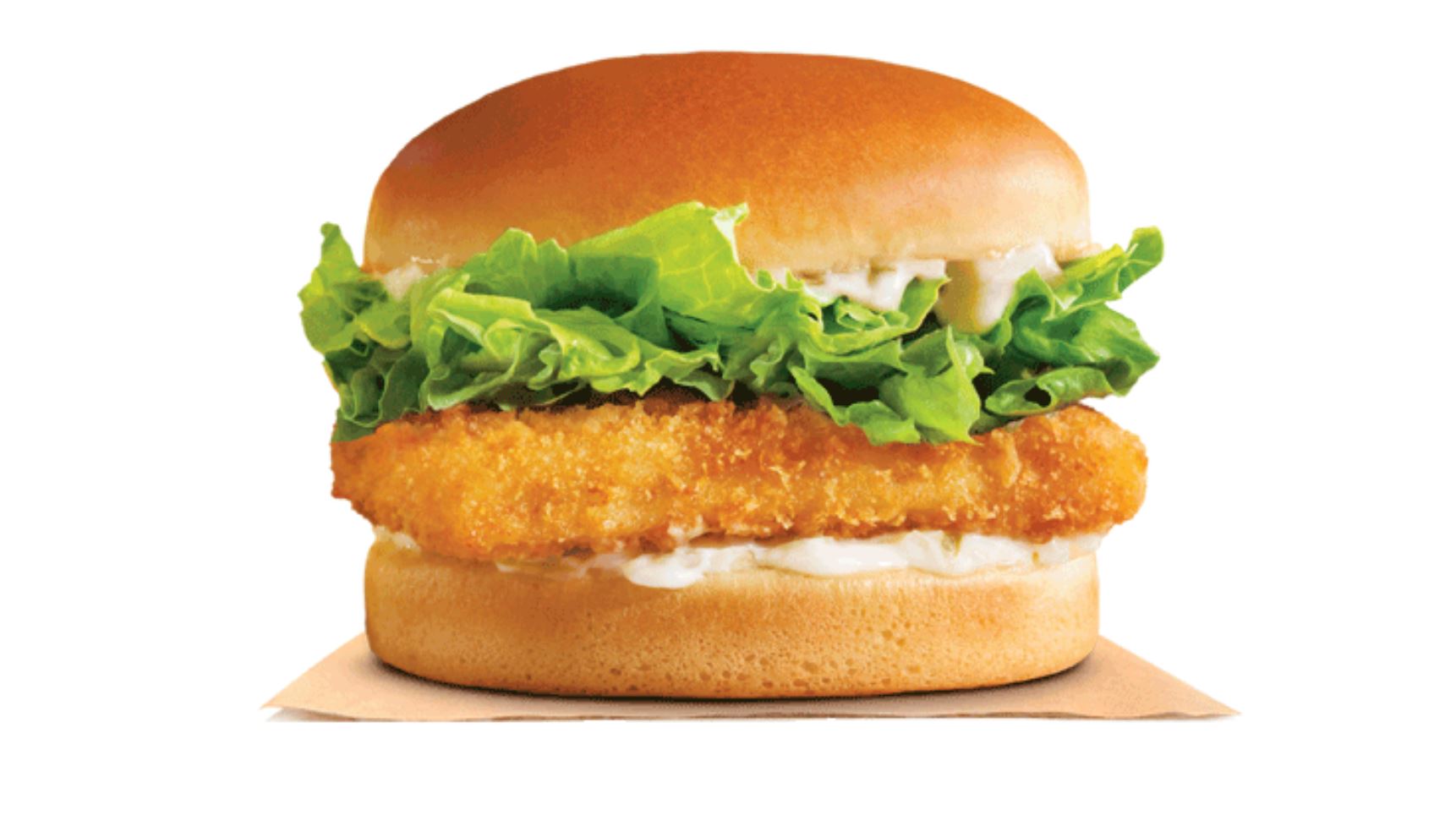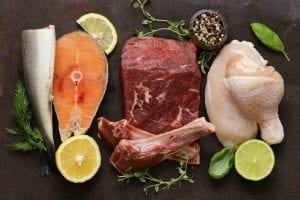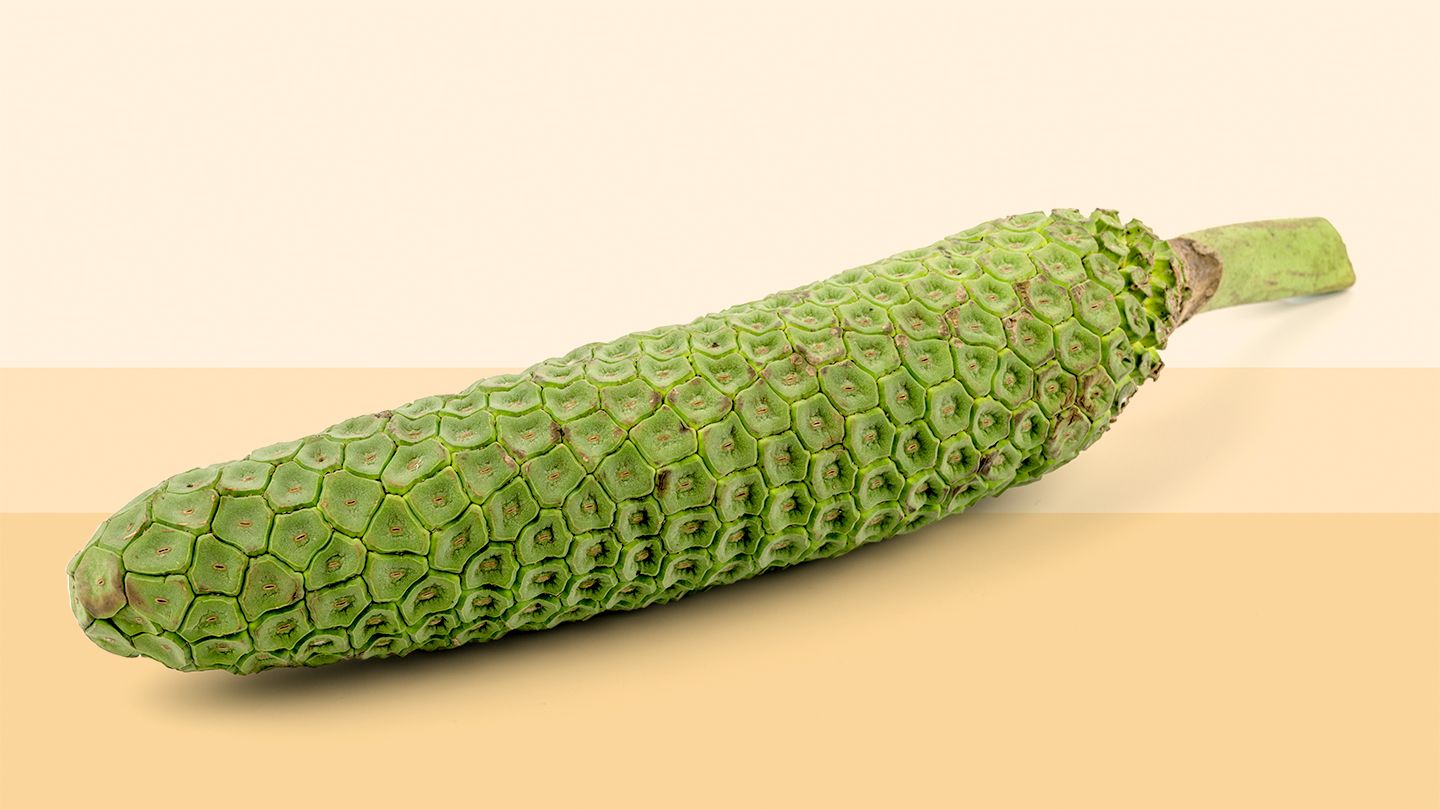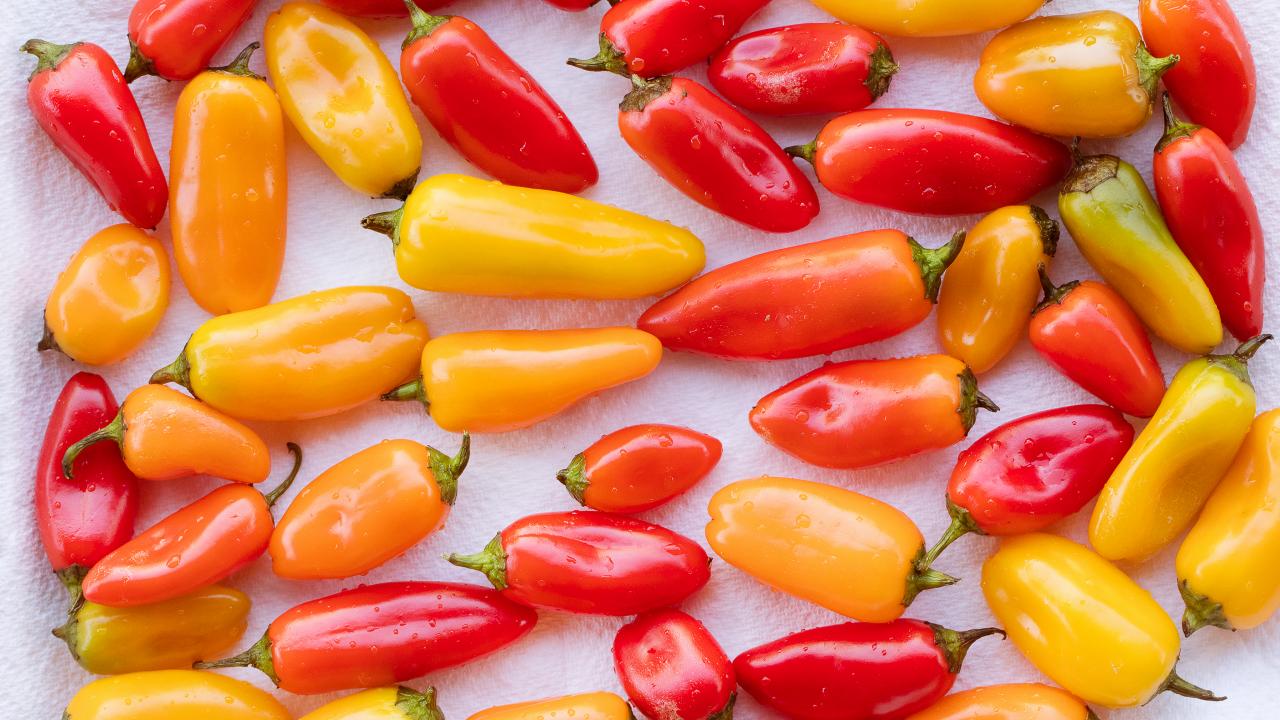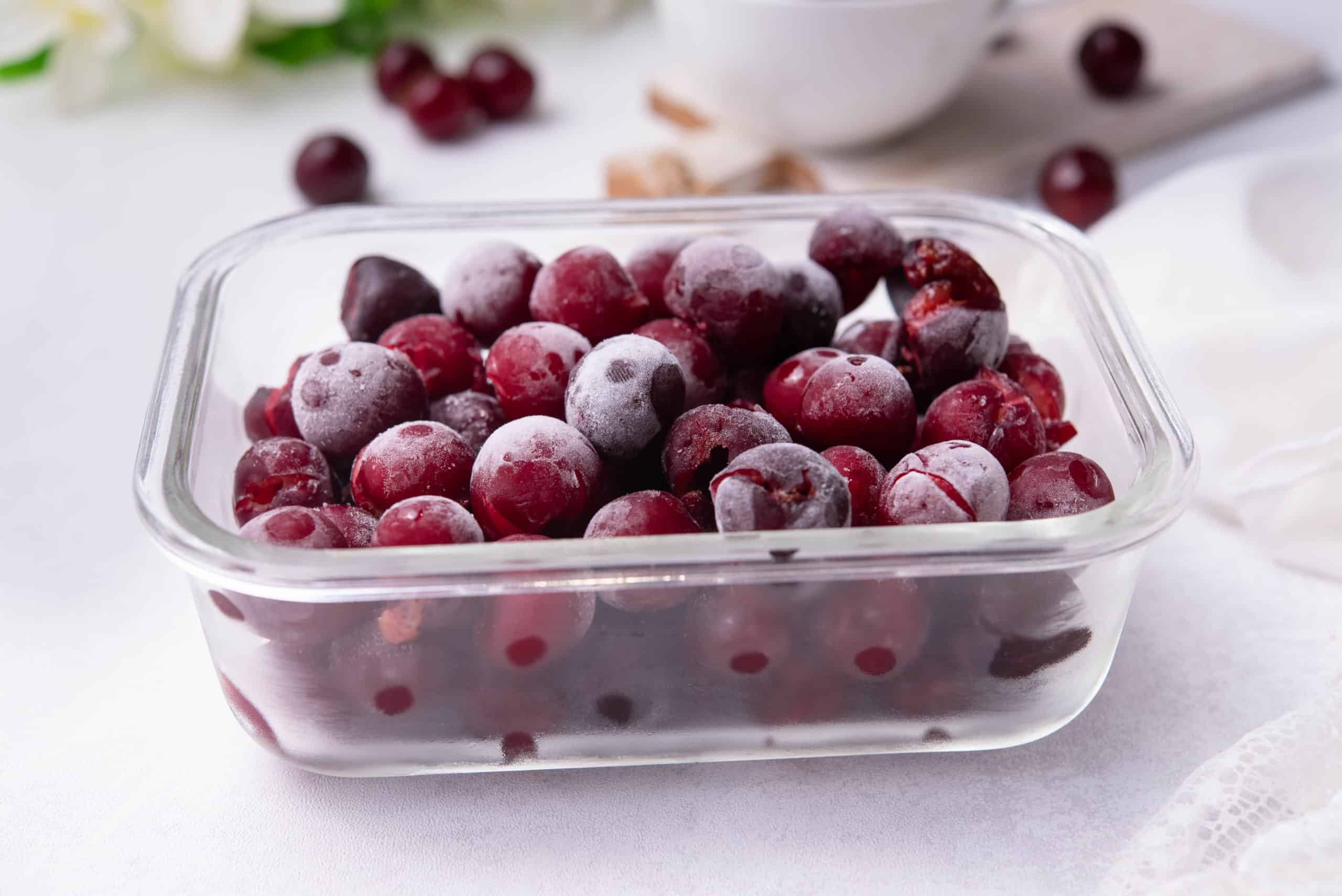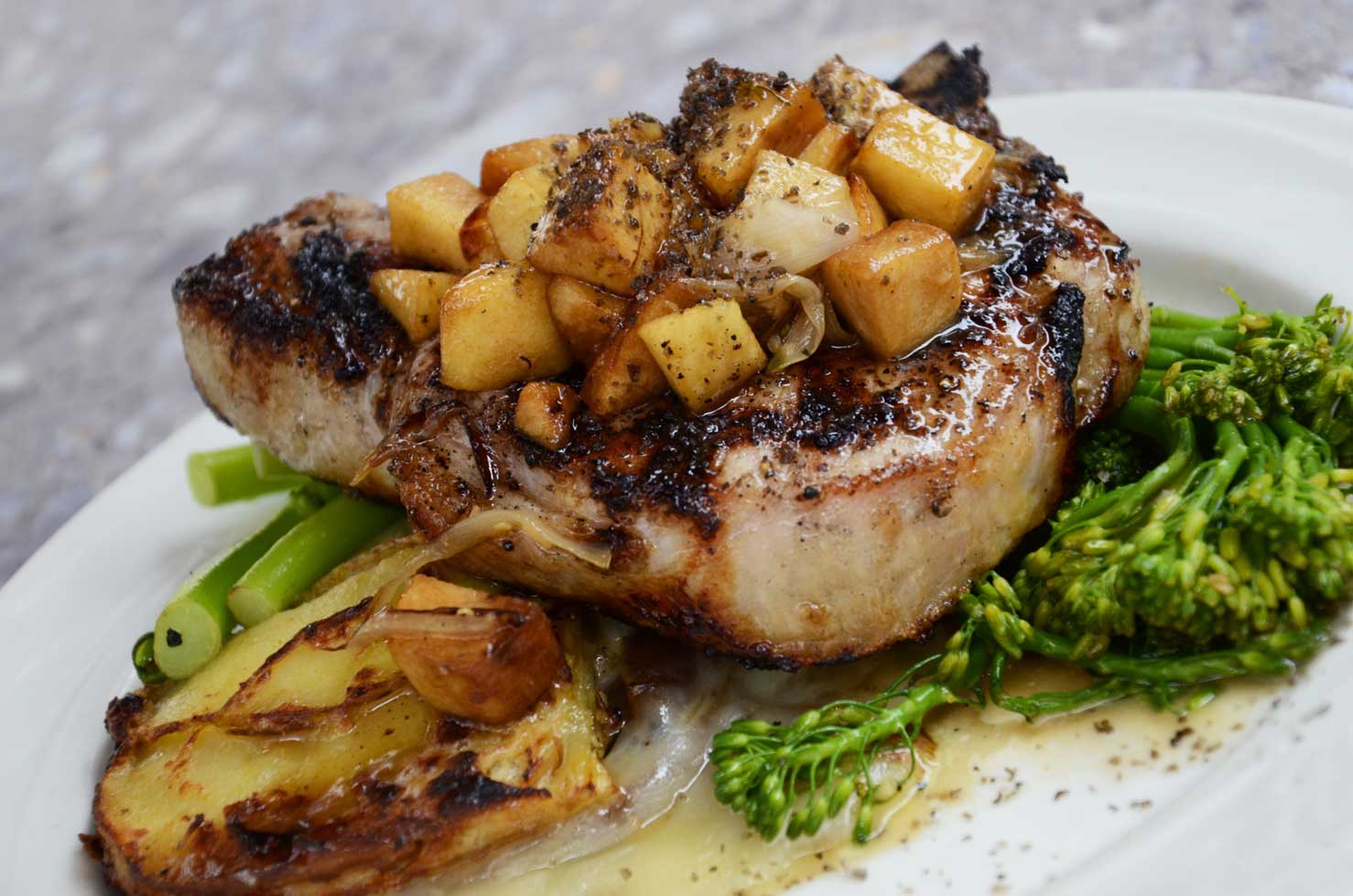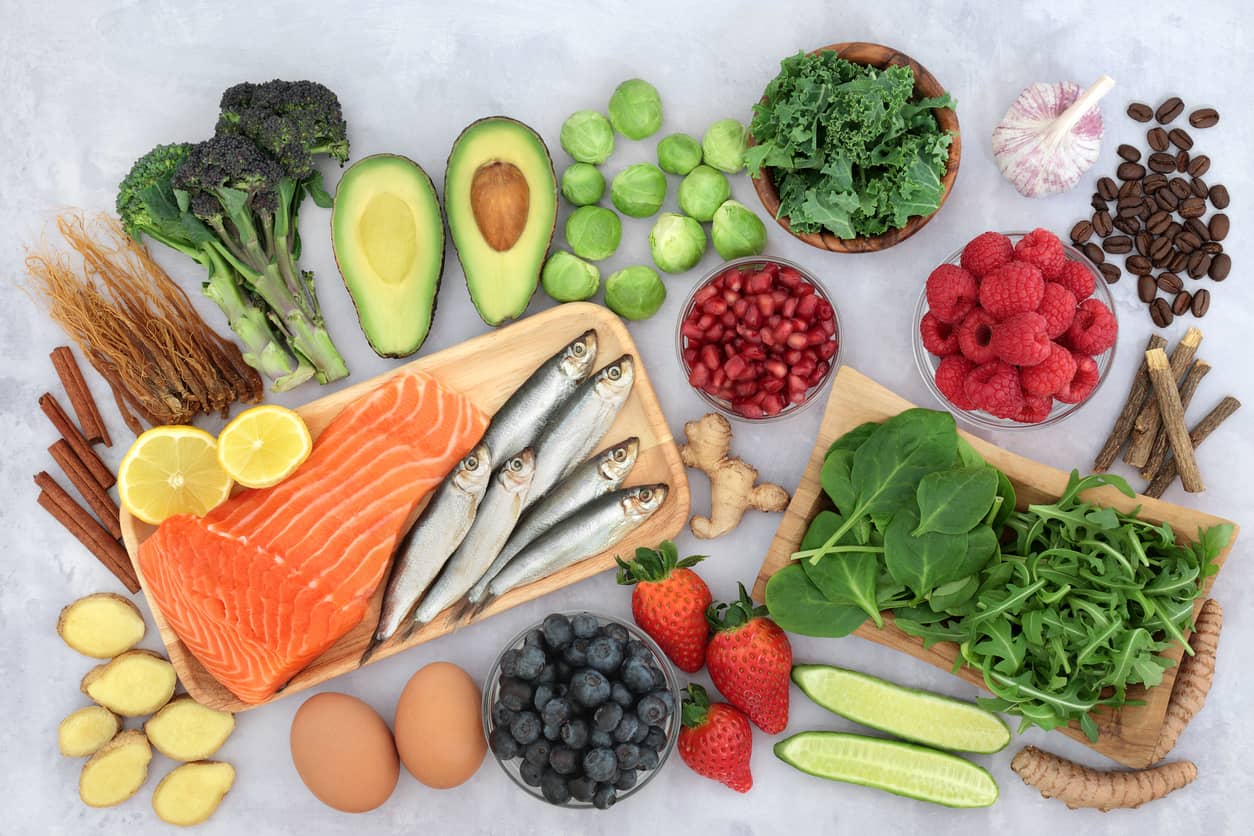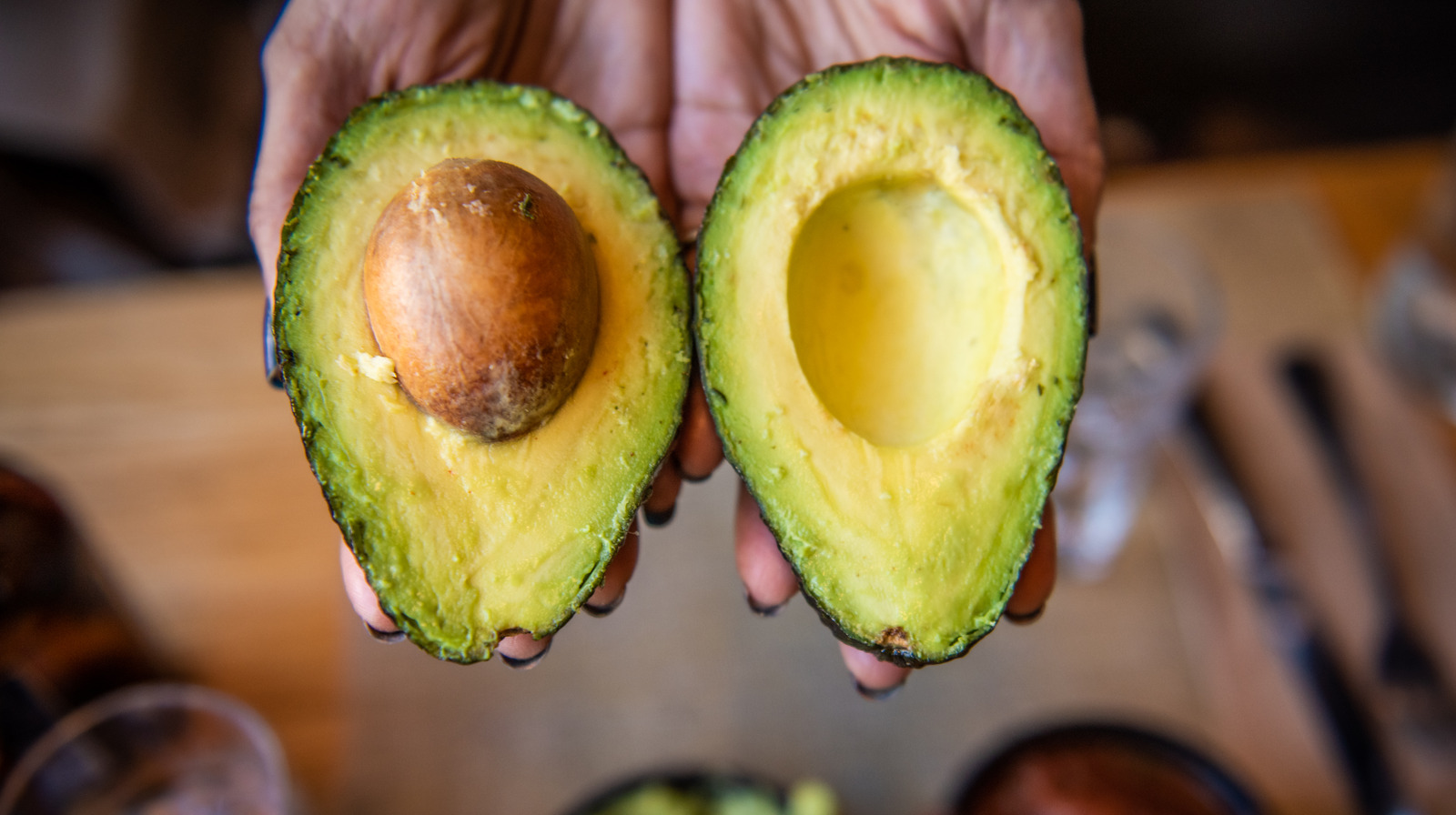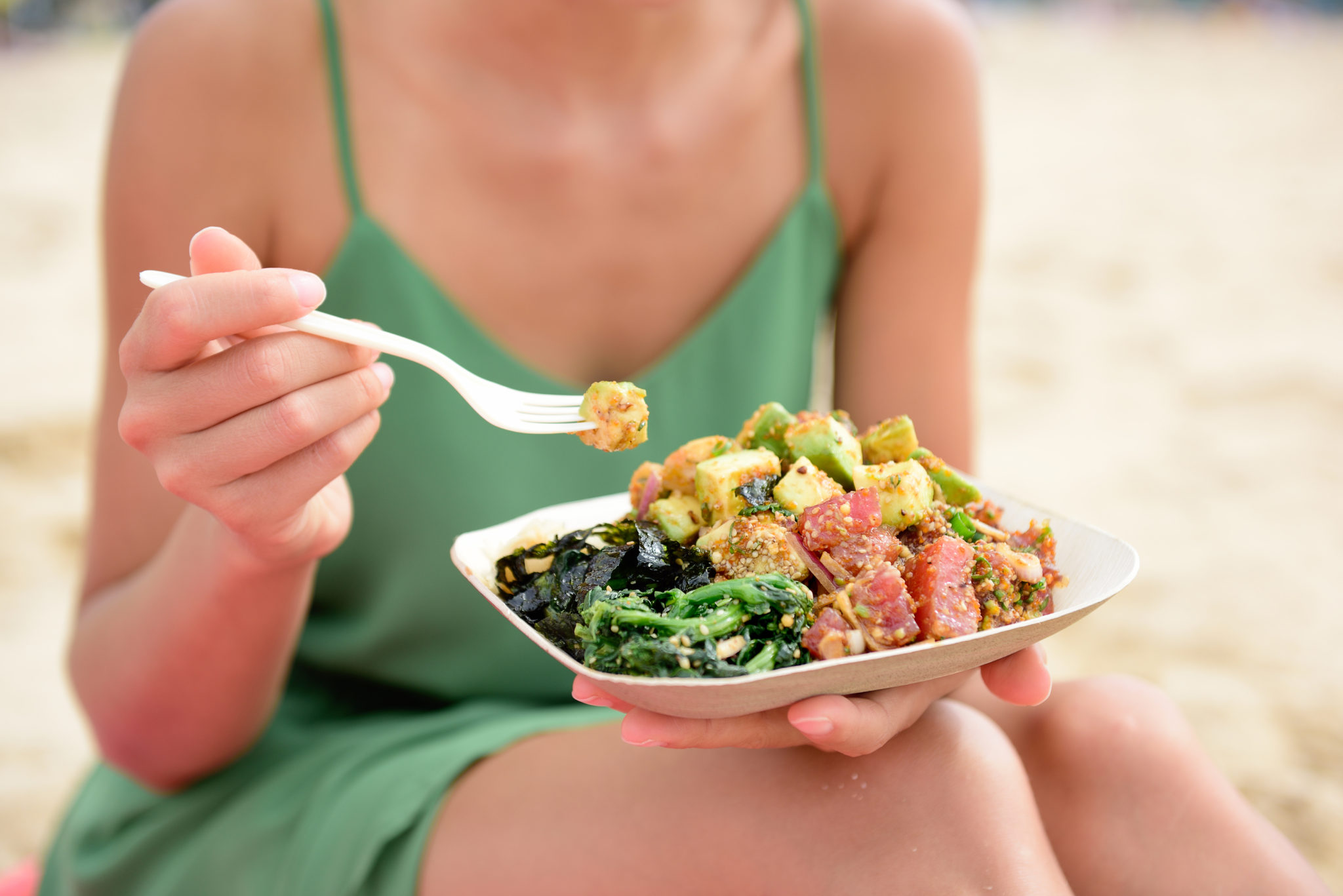How to Boost Your Protein Intake as a Pescatarian
As a pescatarian, it’s important to find ways to incorporate sufficient protein into your diet. While fish and seafood are excellent sources of protein, it’s also beneficial to explore other options to ensure you’re meeting your nutritional needs. Here are some simple and effective strategies to help you eat more protein as a pescatarian:
1. Incorporate a Variety of Seafood
Seafood is a rich source of protein, and there are numerous options to choose from. Incorporate a variety of fish such as salmon, tuna, and mackerel into your meals. Additionally, shellfish like shrimp, crab, and mussels are also excellent sources of protein. By diversifying your seafood choices, you can enjoy a range of flavors while boosting your protein intake.
2. Include Plant-Based Protein Sources
As a pescatarian, you have the flexibility to include plant-based protein sources in your diet. Foods like lentils, chickpeas, quinoa, and tofu are all high in protein and can be incorporated into a wide range of dishes. Consider adding these plant-based options to your meals to increase your overall protein consumption.
3. Snack on Nuts and Seeds
Nuts and seeds are not only convenient snacks but also great sources of protein. Almonds, walnuts, chia seeds, and hemp seeds are all packed with protein and healthy fats. Keep a stash of mixed nuts or seeds for a quick and nutritious snack that will contribute to your daily protein intake.
4. Opt for Greek Yogurt and Cottage Cheese
Greek yogurt and cottage cheese are dairy products that are high in protein. They can be enjoyed on their own, mixed with fruits, or used as ingredients in various recipes. Including these dairy options in your diet can significantly increase your protein consumption.
5. Experiment with Protein-Rich Grains
Explore protein-rich grains such as quinoa, amaranth, and farro. These grains not only provide a good amount of protein but also offer dietary fiber and essential nutrients. Use them as the base for salads, side dishes, or as a component in main courses to add a protein boost to your meals.
6. Prepare Protein-Packed Smoothies
Smoothies are an excellent way to pack in nutrients, including protein. Blend together ingredients like spinach, kale, Greek yogurt, and a scoop of protein powder for a delicious and protein-rich beverage. This is a convenient option for increasing your protein intake, especially on busy days.
7. Plan Balanced Meals
When preparing your meals, aim to create a balance that includes protein, healthy fats, and carbohydrates. Incorporate a variety of protein sources, vegetables, and whole grains to ensure that your meals are nutritionally well-rounded. This approach will not only help you meet your protein needs but also provide a diverse array of nutrients.
By incorporating these strategies into your dietary routine, you can effectively increase your protein intake as a pescatarian. Experiment with different foods and recipes to discover enjoyable ways to meet your nutritional goals while maintaining a varied and balanced diet.
More Delicious Pescatarian Protein Recipes to Try
After understanding how to incorporate more protein into a pescatarian diet, it's time to put theory into practice with a variety of delightful recipes. Among the recommended dishes, the Grilled Salmon with Lemon Dill Sauce Recipe stands out for its perfect blend of protein-rich salmon and flavor-enhancing dill sauce, making it a must-try. For a quick and nutritious option, the Shrimp and Avocado Salad Recipe offers a refreshing mix of lean protein and healthy fats. Vegetarian or not, the Chickpea and Spinach Curry Recipe is a hearty choice packed with plant-based proteins and vibrant spices. These recipes not only provide the needed protein boost but also add exciting variety to your pescatarian meals.
